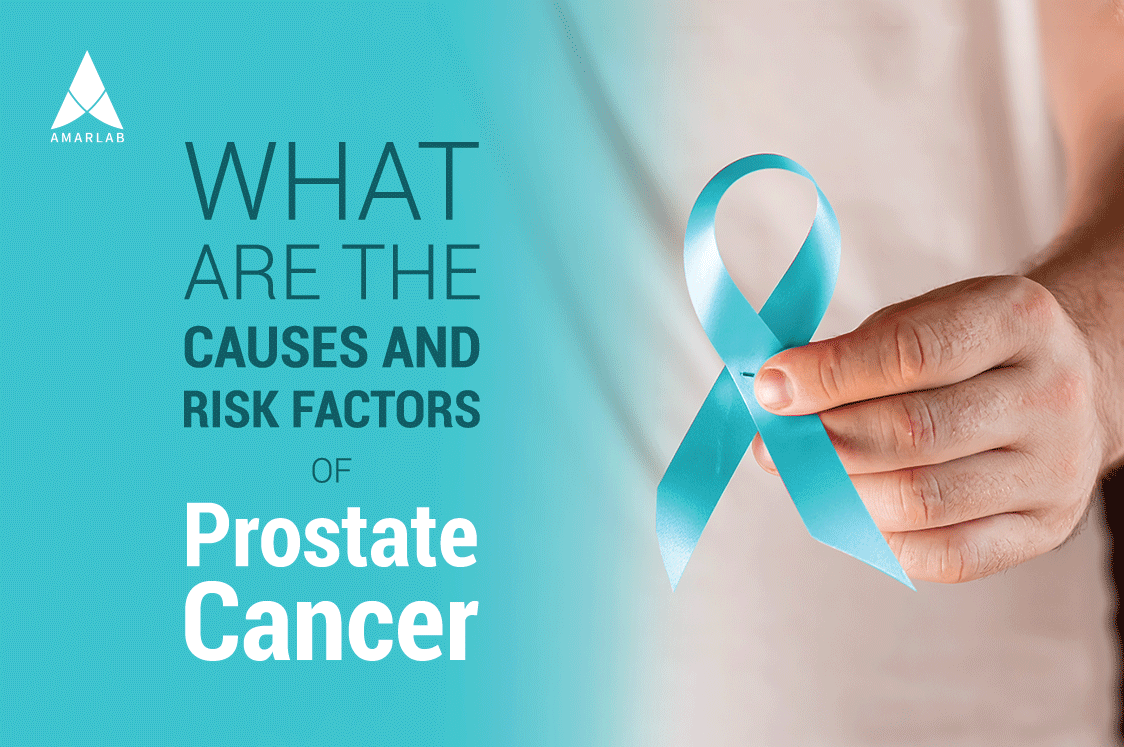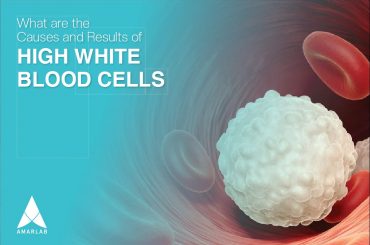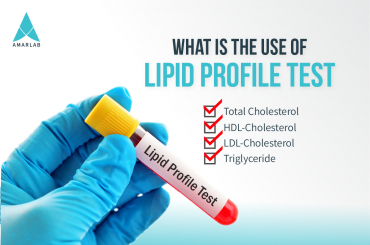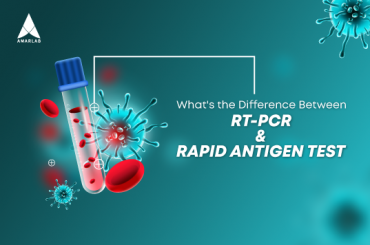Prostate cancer is one of the most common cancer diseases detected in men all over the world. Especially in recent years, this cancer rate in Asian men is increasing at an alarming rate. And, Bangladeshi men are also becoming victims of this fatal disease nowadays. In 2020, a statistical data of Glubocan calculated 2,441 new prostate cancer cases, resulting in 1,289 deaths in Bangladeshi males.
Since it is a slow-growing cancer, many patients don’t face substantial issues till the disease is severe. But one can survive this disease with early detection and proper treatment. In this article, we will know what are the causes and risk factors of prostate cancer.
What Causes Prostate Cancer?
Prostate cancer is caused by DNA change of a normal prostate cell at its most basic level. Our genes are made up of DNA, which remains in our cells.
DNA mutations, that turn on oncogenes or turn off tumor suppressor genes, can result in cancer disease. Gene changes like these can cause cells to grow out of control.
Inherited Gene Mutations
Gene mutation can be passed across generations (inherited) and can be discovered in all of the body’s cells. About 10% of prostate tumors are estimated to be caused by inherited gene changes. Hereditary prostate cancer has been linked to several inherited mutant genes.
Acquired Gene Mutations
Some genes change during a person’s lifespan and are not passed on to their children. Only cells derived from the original mutant cell show these alterations. They are commonly known as acquired mutations. In fact, the majority of prostate cancer-related gene changes appear to emerge over a man’s lifetime rather than being inherited.
What are the Risk Factors of Prostate Cancer?
Age
The greatest risk factor for prostate cancer is one’s age. The disease is less common in men who are below 40 years of age. However, for men above the age of 50, it becomes more common. A research of a Bangladeshi researchers group concluded the age group of 41-60 years had the highest number of cancer patients (54.38 percent). And, for those within the 21-40 years age range, the infection rate is 26.15 percent.
Ethnicity
Ethnicity is another crucial prostate cancer risk. Global statistics on this disease shows it is likely to develop more in Caribbean and African American men. So compared to the males of these ethnicities, Asian males, especially the Bangladeshi men are less prone to this disease.
However, this cancer is yet a reason of concern as per Globocon’s data stating that prostate cancer causes 1.6% incidence rate amongst all cancers in Bangladesh. Also, the probability of getting affected with this cancer starts to increase with age, as mentioned above.
Family History
Prostate cancer often appears to run in some families. That means there may be an inherited or genetic factor in some cases.
A man’s risk of having this cancer is more than doubled when he has a family history of the same health condition. Men who have a sibling with the disease are at a larger risk than those who have a parent with the condition. On the other hand, men who have numerous affected relatives are at a substantially higher risk, especially if the diagnosis of the disease took place at a young age.
Diet
The study of the relationship between food and this cancer is still underway, although there is some evidence that a high-calcium diet is associated with an increased risk of prostate cancer.
On another note, it appears to be slightly more common in men who consume a lot of dairy products.
Men who have a lot of calcium intake (through food or supplements) may have an increased risk of prostate cancer, according to some research works. However, most studies haven’t shown a link between calcium levels in the ordinary diet and heart disease, and it’s worth noting that calcium is known to have numerous health benefits.
Obesity
According to a research study, obesity might have a connection with prostate cancer. Obesity does not appear to raise the overall risk of cancer.
Obese men have a lower chance of low-grade (slower-growing) prostate cancer, but a higher risk of more aggressive (faster-growing) or advanced prostate cancer. However, a healthy diet and regular exercise can help reduce the risk for prostate cancer.
Smoking
Smoking is one of the most harmful habits that can deteriorate one’s health. According to an Australian research team in 2018, smoking can increase your chances of developing aggressive prostate cancer that metastasizes or spreads throughout your body. Additionally, the habit can enhance your risk of heart and lung disease, as well as cancers of the bladder and kidney.
However, the evidence linking tobacco use to prostate cancer (which grows more slowly than other smoking-related diseases) isn’t as robust as it is for other smoking-related diseases. The data collected from 51 studies with almost four million men found the relevance between smoking and this cancer.
Prostate Inflammation
Prostatitis (inflammation of the prostate gland) has been related to an increased risk of prostate cancer in a research study in 2014. However, the scenario is not fully validated by the researchers. Inflammation is common in prostate tissue samples that also include malignancy. The link between the two is still unclear, and so further study is ongoing for ideal clarification.
Which Test Can Detect Prostate Cancer?
There is no standard test for diagnosis of prostate cancer. But generally, two tests are routinely used to screen the disease in the primary stage.
The prostate specific antigen (PSA) test is one of them which determines how much PSA is present in the blood. PSA is a hormone produced by the malignant cells of the prostate gland. Men with prostate cancer may have elevated PSA levels in their blood. PSA levels can also increase as a result of other prostate-related diseases.
The greater the PSA level in the blood, the more likely there is a prostate cancer condition in a man’s body. Since there are so many factors that can affect PSA levels, the doctor needs to interpret your PSA test results in that case. If your PSA test results are abnormal, your doctor may suggest a biopsy to detect if you have prostate cancer or not.
AmarLab offers all kinds of diagnostic tests from home. If you have relevant signs and symptoms, your doctor may order the PSA test for prostate cancer diagnosis. If you can hardly manage time to visit a clinic or diagnostic center, AmarLab is here for your help. On the other hand, for an old sick patient at home, we will take care of collecting the sample from your home.
You can always choose the lab of your choice from our lab partners. We collect samples from the patient’s home to lessen their trouble. And, our health care provider maintains proper healthcare guidelines while receiving the blood sample at the patient’s home and sending them to the preferred lab on time.
Contact us via AmarLab’s Facebook page, website or you can call our hotline number (09643445566) to order your lab tests, sitting at home.





